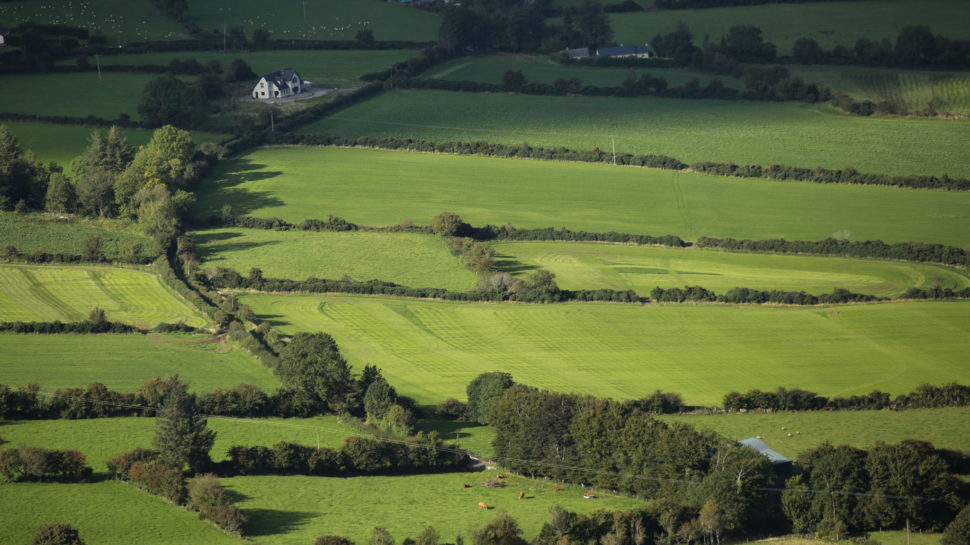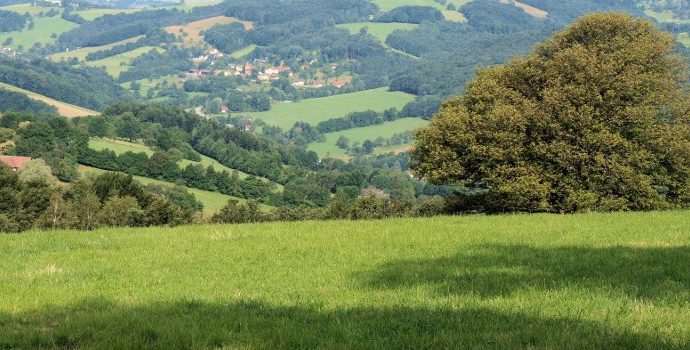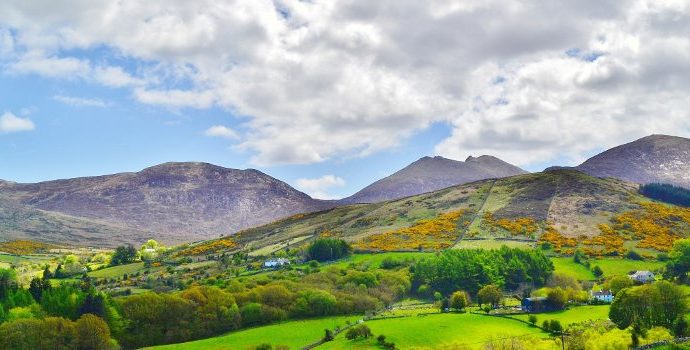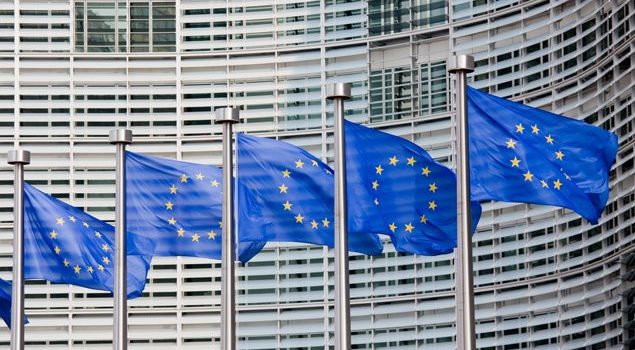IFA meet Minister Eamon Ryan on Climate Bill

This week, IFA President Tim Cullinan led an IFA delegation to meet Minister Eamon Ryan on the Climate Bill.
Speaking after the meeting, Tim Cullinan said IFA raised several issues regarding the Bill.
“The definition of carbon budget refers only to emissions; it does not refer to removals. This must be changed to bring it into line with the overall climate objective, which the Bill states is to achieve a climate-neutral economy when ‘emissions are balanced or exceeded by the removal of greenhouse gases’,” he said.
The Bill states that the Climate Advisory Council shall take into account ‘the distinct characteristics of biogenic methane’. Yet, it is unclear what this means.
“The Minister and the Government need to come out now, before this bill is passed and clarify what exactly they intend by this reference. This is also a commitment in the Programme for Government,” he said.
Biogenic methane is a short-lived gas. Once in equilibrium, it can continue to be emitted at a stable rate without increasing its concentration in the atmosphere. The Paris Agreement changed the requirement from controlling greenhouse gas emissions to controlling global warming.
IFA Environment Chairman Paul O’Brien said the Bill also requires the Government to consider the risk of ‘substantial or unreasonable carbon leakage’. It defines carbon leakage as ‘the transfer, due to climate policies, of production to other countries with less restrictive policies with regard to greenhouse gas emissions’.
“We pointed out to the Minister that any risk of carbon leakage should be factored into decisions.”
“It is a complete nonsense for Irish climate policy to lead to an increase in global emissions, which is what will occur if there is any carbon leakage. There is no such thing as ‘reasonable carbon leakage,” he said.
The emissions reduction target for agriculture must remain in line with the roadmap for the sector that sets a pathway to reduce emissions by 10 – 15% by 2030. Irish agriculture is one of the most sustainable in the world. We can continue to improve efficiency and reduce emissions, but we need to give farmers time for these new practices and technologies to be adopted, measured and verified.



